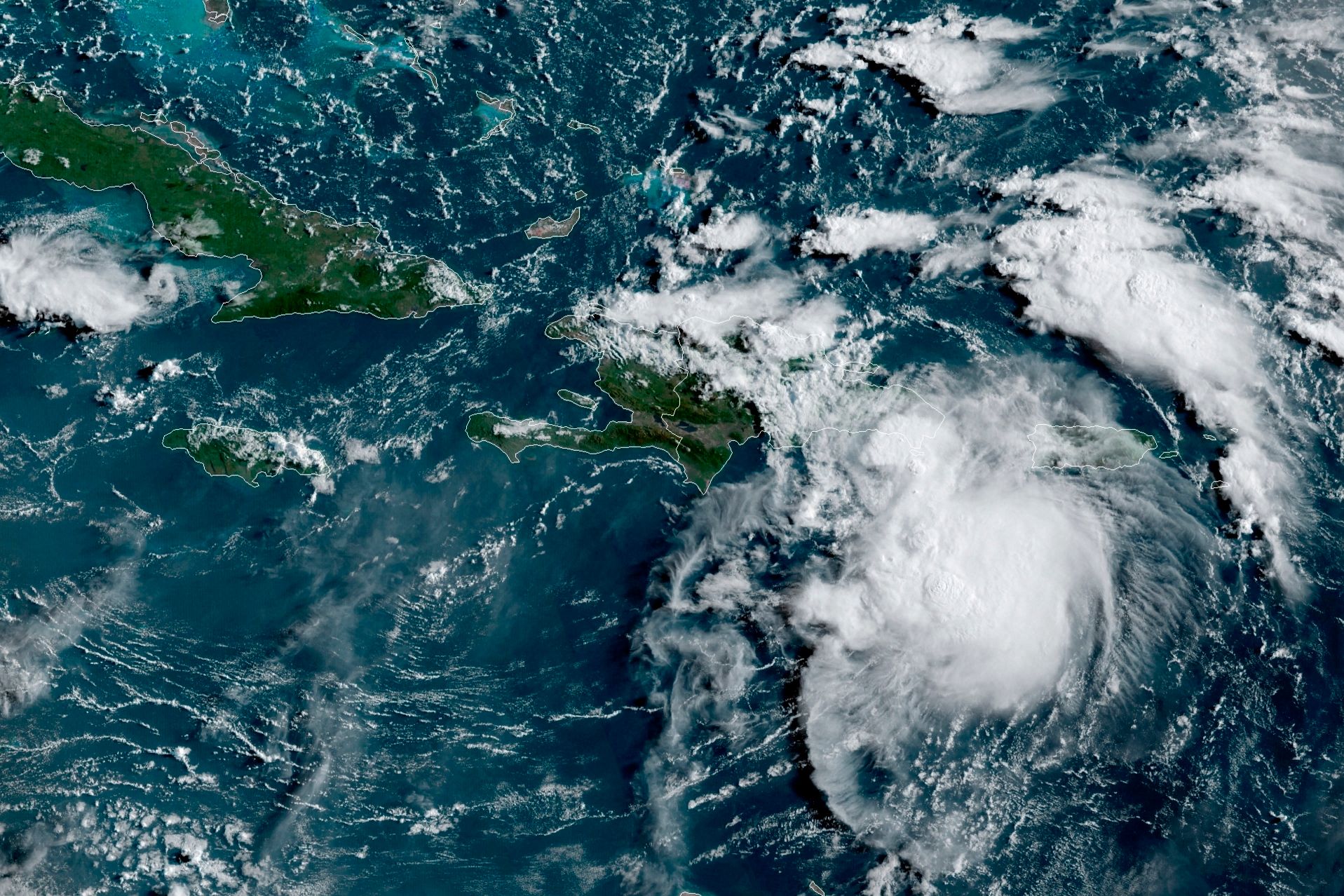Oceans play a major role in supporting life on Earth and are host to most of the planet’s biodiversity. Producing at least 50 percent of the Earth’s oxygen, they are absolutely crucial in facilitating our survival on the planet.
To commemorate the nurturing role of these gigantic water bodies, World Oceans Day is celebrated on 8 June.
Also read: No watering down: 6 ways you can help save the oceans
This day also draws attention to how the oceans are under threat due to human actions and mobilises support for sustainable management of the world’s oceans.
With this, let’s take a look at the history and significance of World Oceans Day.
Also read: 10 facts about oceans that will blow your mind
History:
This event was first declared on June 8, 1992, at the Global Forum in Rio de Janeiro. The forum was a parallel event at the United Nations Conference on Environment and Development (UNCED), which gave non-governmental organisations a chance to speak up on environmental issues.
The declaration of World Ocean Day was inspired by an event organized that day by the Oceans Institute of Canada. The programme, which was supported by the Canadian government, featured international experts, activists and those in a position to speak for the oceans’ contributions to sustaining life on Earth.
Also read: Australia’s Great Barrier Reef threatened by severe marine heatwaves: Report
In 2008, Canada led the United Nations General Assembly to designate 8 June as World Oceans Day under resolution 63/111. In 2009, the first celebrations were held.
Significance:
It is reported that the focus of World Ocean Day 2022 will be on protecting at least 30 percent of our lands, water and oceans by 2030 (30×30). This year, the theme is “Revitalization: collective action for the ocean”. The UN will host the first hybrid celebrations of the event this year.
Also read: Viral video: Mysterious sea creature chases fisherman off Brazil coast
Oceans provide food security and employment to millions. By 2030, an estimated 40 million people will be employed by ocean-based industries, according to the UN.
Meanwhile, these water bodies also buffer the impact of climate change, absorbing at least 30 percent of the carbon dioxide produced by human activities.
Also read: Giant 15-foot great white shark photographed with massive mystery bite mark
This has led to calls for sustainable consumption and management of the oceans so that we can preserve these essential water bodies. Action on a global scale is needed if we need to preserve our oceans and the resources it gives us.







